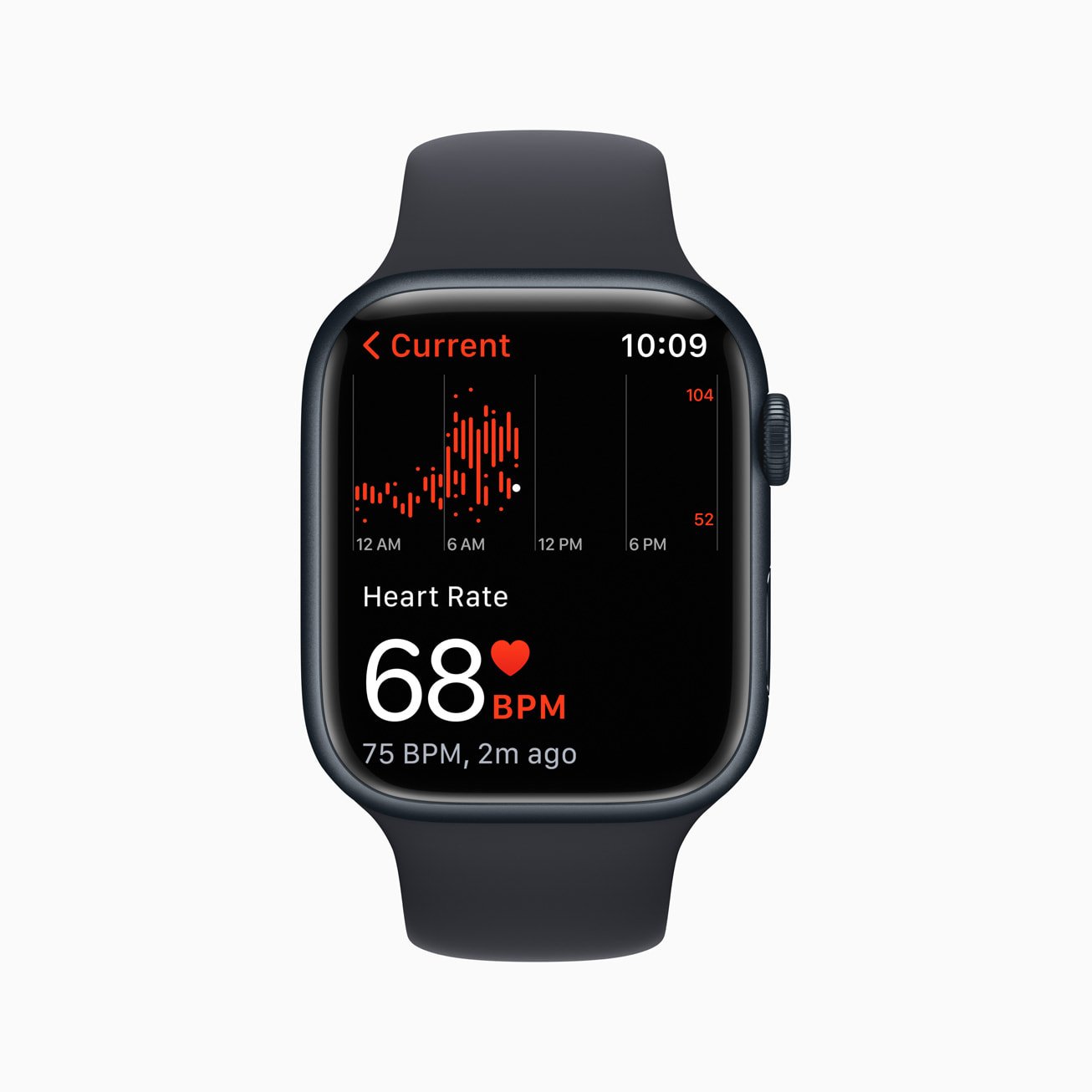Apple Watch has changed how people monitor their health, and now it is also revolutionizing heart health research. In an effort to further drive discoveries that improve health at scale, Apple launched the Investigator Support Program to provide researchers with Apple Watch devices, enabling them to break new ground in health research, including the scientific understanding of the heart.
Apple Watch features such as high and low heart notifications, Cardio Fitness, irregular rhythm notifications, the ECG app, and AFib History help users better understand their health with actionable insights. However, the same advanced technology that provides insights to help users better understand their health also has the potential to open the door to discovery for the research and medical communities. Since Apple launched ResearchKit and CareKit in 2015, researchers, clinicians, and developers have found innovative new ways to study, track, and treat a broad range of conditions.

One of the heart health research projects involves senior pediatric oncologists from Melbourne, Australia, Associate professor Rachel Conyers, and Dr. Claudia Toro. The team is looking at how cancer treatment can impact heart rhythm and is trying to identify innovative ways to intervene. Cancer treatment toxicities can lead to heart rhythm disturbances, such as prolonged QT syndrome, which can be potentially life-threatening. Children receiving cancer treatment are routinely screened at least once per week with a 12-lead electrocardiogram; however, outpatients still need access to monitoring. To fill this gap, Dr. Conyers and her team at the Murdoch Children’s Research Institute will begin researching the sensitivity of the Apple Watch ECG app in 40 children and adolescent patients, and from there, they will look for ways for patients to take their ECGs wherever they are.

Another heart health research project involves Associate Professor So-Min Cheong from Texas A&M University and Drs. Brian Kim and Marco Perez from Stanford Medicine. They aim to study the impact of wildfire smoke on heart health and will equip up to 200 firefighters in Texas and California with Apple Watch to monitor heart rate and rhythm, sleep, blood oxygen, activity data, and more. Through their study, they hope to capture the kind of health data they need for more precise health measurements.

Apple Watch is revolutionizing heart health research, and its potential for innovation is limitless. By providing researchers with Apple Watch devices, Apple is helping to change the face of healthcare and revolutionizing the way medical research is conducted.

Reference: Apple. (2022, February 23). With Apple Watch, researchers explore new frontiers in heart health. Retrieved from https://nr.apple.com/DH3i5r2RA5